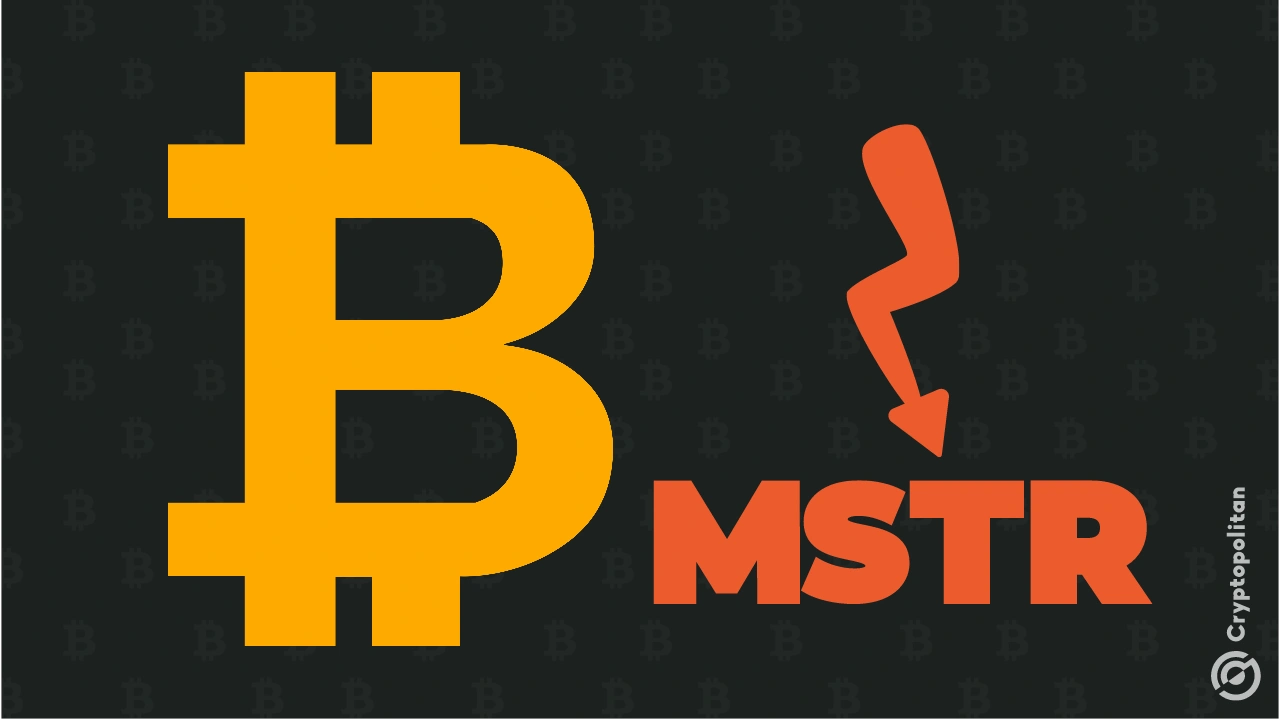A rumor is spreading that MicroStrategy may stop selling stocks and issuing convertible debt in January, cutting off its usual Bitcoin funding sources.
If this happens, it would leave many of its investors, who rely on Michael Saylor’s regular Bitcoin purchases, disappointed. The company’s Bitcoin buying spree has become an expectation, but January might be a dry month.
The claim came from a venture capitalist who reportedly said, “Saylor has a blackout period all of January — cannot issue any new converts to buy BTC.”
Some investors think this rumored pause is tied to insider trading rules. While the SEC doesn’t outright forbid trading by insiders between a quarter’s close and earnings announcements, many companies impose their own blackout periods.
These self-imposed blackouts, lasting two to four weeks, aim to avoid suspicions of insider advantage. As we’ve reported in the past, some people are accusing Saylor of manipulating both the stock and crypto market.
Others believe this isn’t about insider trading at all. Instead, they link it to MicroStrategy’s recent addition to the NASDAQ 100 on December 23. Changes tied to this inclusion may involve restrictions impacting how and when the company can sell shares or issue convertible debt.
Yet another theory focuses on ATM share sales rather than convertible debt. Investors aren’t clear whether the rumored January blackout applies to both funding methods or just one.
There’s also confusion about the timeline. MicroStrategy’s earnings call is expected between February 3 and 5, 2025. Blackout periods often begin 30 days before earnings, which could mean the freeze starts in early January. Another possibility is January 14, but the exact dates remain unclear, per the report.
MicroStrategy stays firm of Bitcoin in the long-term
Right now, MicroStrategy owns 439,000 BTC, valued at around $47 billion, as the biggest corporate Bitcoin holder in the world. Their play is simple: make Bitcoin the backbone of their treasury reserve strategy and hold for the long haul.
Last week, between December 9 and 15, they bought another 15,350 BTC for $1.5 billion. That’s an average price of $100,386 per Bitcoin.
This came right after they spent $2 billion on 21,000 BTC the week before. Altogether, MicroStrategy has invested $27.1 billion into Bitcoin at an average price of $61,725 per coin.
MicroStrategy’s stock is riding the Bitcoin wave. Shares have skyrocketed over 546% this year, pushing their market cap close to $100 billion.
Though yesterday, their stock closed at $386.42, down about 5.4% for the day, thanks to Bitcoin’s usual price swings. Still, with prices recently breaking $108,000, investor optimism is fueling the company’s value.
Right now, MicroStrategy controls about 2.1% of Bitcoin’s total supply. They’ve got $7.2 billion in debt, but here’s the kicker—it’s unsecured.
No BTC is on the hook as collateral, so creditors can’t force a sell-off even if Bitcoin’s price tanks. Analysts say this setup gives them breathing room, even during downturns, while the rising value of their Bitcoin stash keeps the risk manageable.
Michael Saylor isn’t backing down. He’s as bullish as ever, saying he’s ready to buy Bitcoin at $1 million a pop if that’s what it takes. He’s positioning Bitcoin as the ultimate hedge against inflation and currency devaluation.
Analysts think MicroStrategy will keep issuing equity at high prices to buy more Bitcoin, despite concerns over profitability in their software division. For Saylor, it’s Bitcoin or bust.
Land a High-Paying Web3 Job in 90 Days: The Ultimate Roadmap





